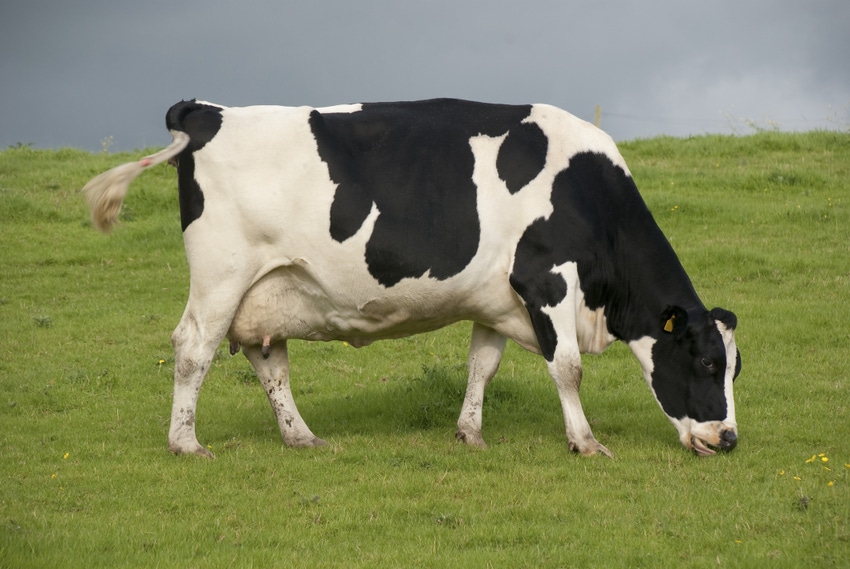Research project part of New Zealand's plan to eradicated Mycoplasma bovis from country.
March 11, 2020

Massey University will undertake research into the direct impacts of Mycoplasma bovis in cattle in an effort to help accelerate eradication of the disease in New Zealand as part of the country's Mycoplasma bovis program coordinated by the New Zealand Ministry for Primary Industries (MPI), DairyNZ and Beef + Lamb New Zealand.
"Massey University researchers will investigate the impact of M. bovis on individual animals and herds within farms known to be infected with the disease," said Dr. John Roche, MPI chief science advisor and chair of the M. bovis Strategic Science Advisory Group (SSAG). "They will measure how M. bovis affects infected animals and herds, including any physical signs, effects on milk yield and composition and the duration of these effects."
Roche added that this will help accelerate eradication of the disease from New Zealand farms and minimize any negative impacts.
"The results of this project will contribute evidence to help in the detection of M. bovis, improve our surveillance tools and increase our understanding of how the disease spreads under different New Zealand farming systems, which is key in terms of eradication. It will also help us to quantify the impacts, which supports some of the recommendations made in a recent Technical Advisory Group report."
The study is expected to take one to two years. Only properties already known to be positive for M. bovis will be used. No cattle will be intentionally infected, and properties will be studied only up until the agreed-upon dates for depopulation, MPI said in an announcement.
New Zealand is the first country in the world to attempt to eradicate M. bovis, a bacterial disease that can cause animal welfare and productivity issues, particularly in dairy cattle, including mastitis that doesn’t respond to treatment, severe lameness and late-term abortions.
Roche said the direct impact study was identified as a priority in the M. bovis science plan SSAG developed to help accelerate eradication of the disease in New Zealand. The M. bovis program has allocated up to $30 million (N.Z.) for M. bovis research projects, guided by the science plan.
In an associated question-and-answer piece, MPI said international research shows that M. bovis may be dormant in an animal, causing no signs at all. However, in times of stress (for example, calving, drying off, transport or being exposed to extreme weather), the animal may become sick and/or shed bacteria in milk and nasal secretions and then infect other animals.
This research project will provide scientific evidence to quantify the direct impact of M. bovis on animals in the New Zealand farming environment, which the domestic cattle industry doesn’t have a comprehensive understanding of currently, MPI said.
You May Also Like

.png?width=300&auto=webp&quality=80&disable=upscale)

